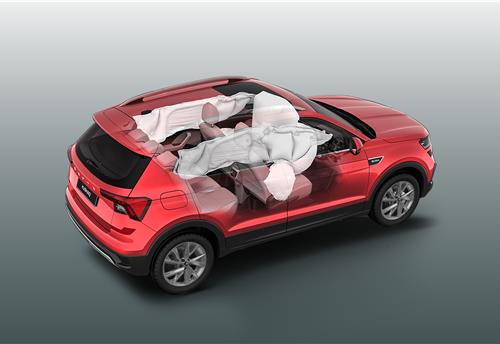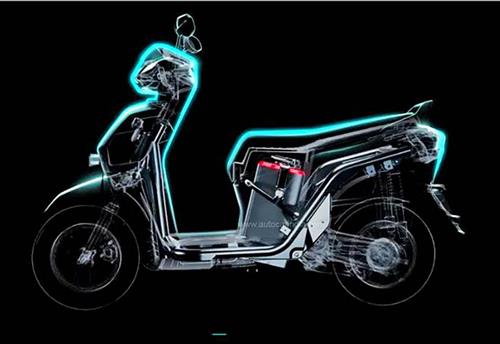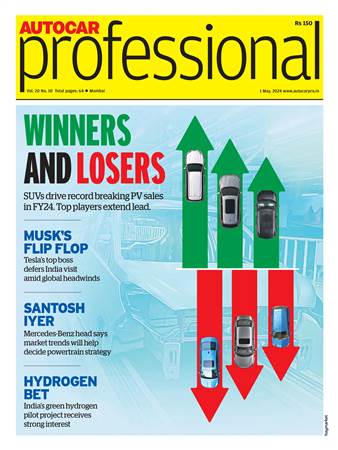Industry voices disappointment on revised GST cess, calls for a relook
Mahindra & Mahindra, Audi and SIAM, have asked the government to take a relook on the decision on the cess as it may lead to higher taxes compared to pre-GST era, and end up hurting the overall growth of the industry.
Following the Union Cabinet’s approval of the government-appointed GST Council's ordinance proposal to raise the ceiling for the cess applicable (15 percent) over and above the GST slab (28 percent) on luxury cars and SUVs, industry leaders have voiced their disappointment citing an adverse impact on vehicle sales.
The ordinance clearance implies that the currently levied cess of 15 percent on luxury cars and SUVs will stand hiked to 25 percent, taking the cess cap on these vehicles higher. This will augment the total tax on these vehicles from the current 43 percent to 53 percent.
Representing the industry’s concern, apex body Society of Indian Automobile Manufacturers (SIAM) issued a statement saying, “The cabinet clearance of the government proposal for an ordinance to increase the State Compensation Cess limit under GST from 15 percent to 25 percent on automobiles is an unfortunate decision. Although the clearance of the ordinance is just an enabling clause for the GST Council to be able to increase the cess, it is clearly evident that the government's intention is to increase the overall tax burden on many different categories of vehicles. This will increase the post GST price of many vehicle categories from pre-GST level and will have a negative impact on sale of such vehicle models in the market. This is a contradictory position of the government that while on the one hand it has identified the automotive industry as a sunrise sector of Indian economy, on the other hand it is being treated as a demerit product.”
It further stated, “SIAM would like to underline that all the vehicles that were attracting 24 percent or 27 percent excise duty in the pre-GST regime may potentially attract higher tax under the GST regime because of this decision. The hike in total tax could be as high as 10 percent in some cases. SIAM requests the government and GST Council to reconsider increasing GST Compensation Cess on any category of vehicles in keeping with the promise of moderating the extremely high levels of taxation in the pre GST regime.”
Home-grown utility vehicle (UV) specialist, Mahindra & Mahindra, which had been optimistic on the introduction of the new tax regime, expressed hope that the government might re-look at the decision. Dr Pawan Goenka,MD, Mahindra & Mahindra, said, “Passing of ordinance to increase the limit of cess to 25 percent, on certain class of vehicles, is along the expected lines. What is critical to the industry is when, how much and on what criteria will the cess be increased. Industry has made a representation to the government and we await the final decision.”
Luxury carmaker Audi India also expressed its disappointment on the government’s move. Commenting on the decision, Rahil Ansari, head, Audi India, said, “The taxes on this industry are already very high and this increase in cess rate will be detrimental to the luxury car industry as we will be forced to hike our prices to levels higher than pre-GST period. This is bound to adversely impact sales by possibly a double-digit reduction and will consequently reduce revenues for the company, dealers and perhaps also tax revenues for the government. While the overall impact will still have to be evaluated in some time, we will be forced to redraw our plans for the Indian market based on future projections in this scenario.”
He further stated, “The luxury car industry in India, while small in volumes, still contributes over 10 percent in value. While the segment definitely needs more positive initiatives from the Government to be able to deliver a bigger contribution to the Indian economy, this scenario is clearly a setback.”
“We request the GST Council to carefully evaluate the negative impact on this and, if a decision is taken on a 10 percent cess increase, postpone the implementation for another 6-12 months to evaluate the real impact of the GST on the automobile sector, in particular the luxury segment. This will surely prove that the overall effect with a lower cess percentage of 15 percent is generating higher tax revenues than expected,” concluded Ansari.
RELATED ARTICLES
MHI opens technical bids for PLI manufacturing of 10 GWh advanced chemistry cells
The seven bidders comprise ACME Cleantech Solutions, Amara Raja Advanced Cell Technologies, Anvi Power Industries, JSW N...
Skoda India makes six airbags standard fitment in Kushaq and Slavia
The introduction of six airbags as standard across the Kushaq SUV and Slavia sedan range furthers the safety quotient in...
Ampere Vehicles to launch new Nexus electric scooter on April 30
The all-new Nexus will be Ampere Vehicles’ flagship scooter. Key highlights include four riding modes, an LFP battery, a...





 31 Aug 2017
31 Aug 2017
 3152 Views
3152 Views



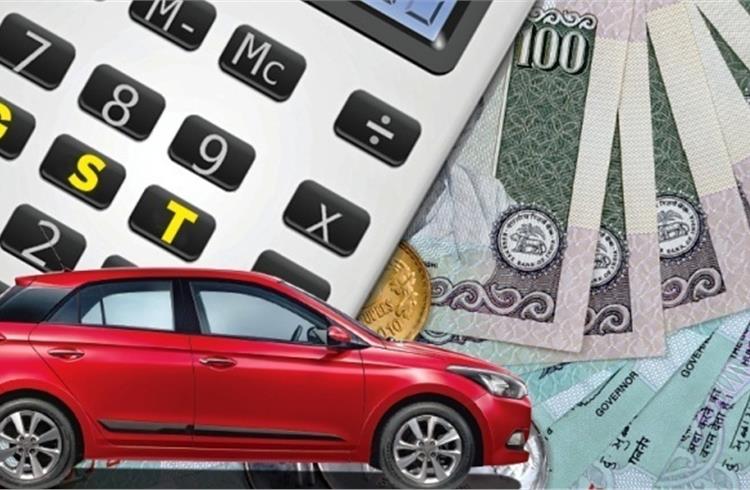
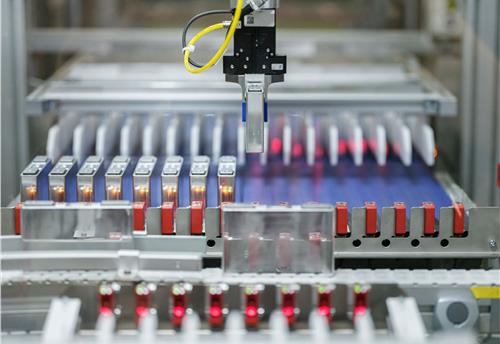
 Autocar Pro News Desk
Autocar Pro News Desk

